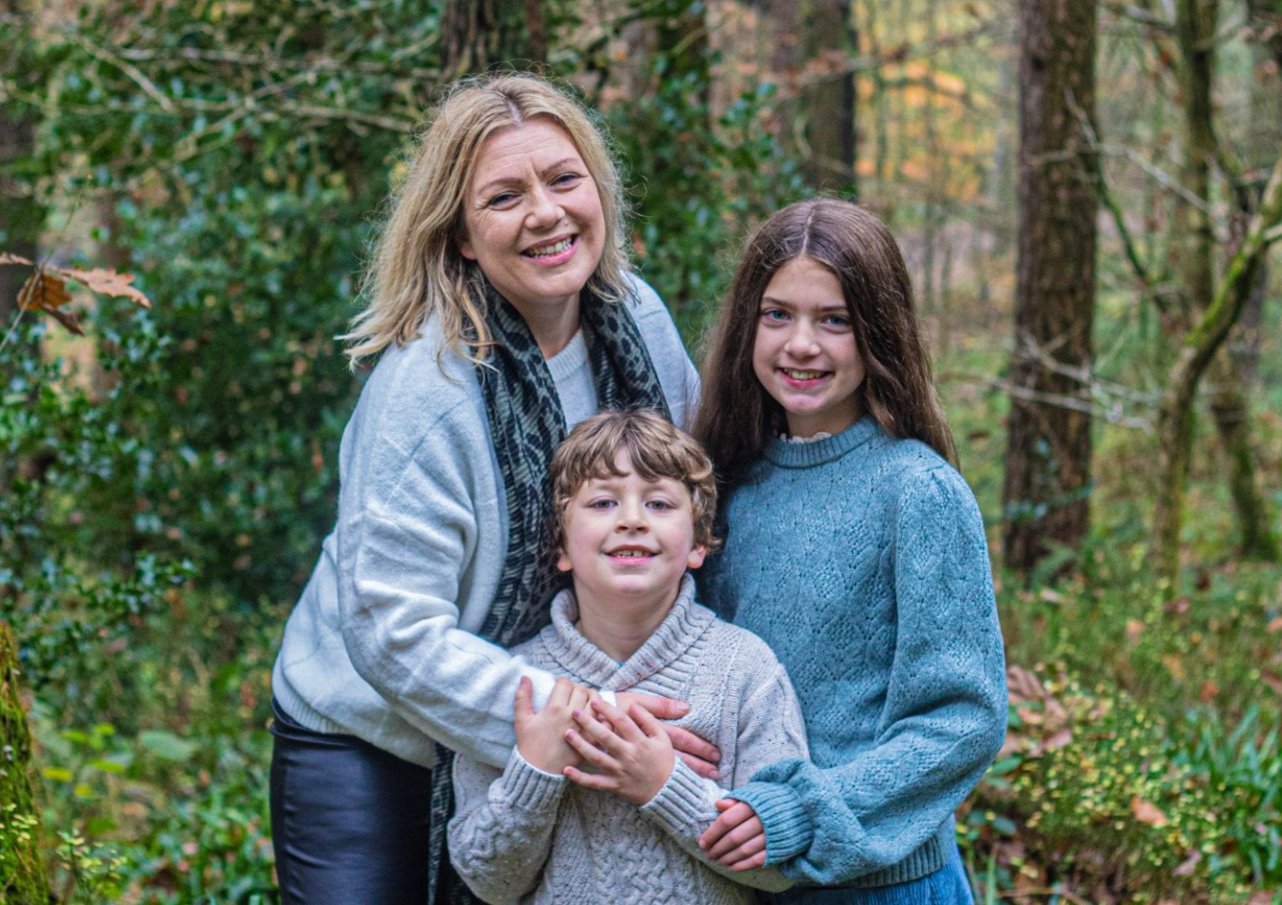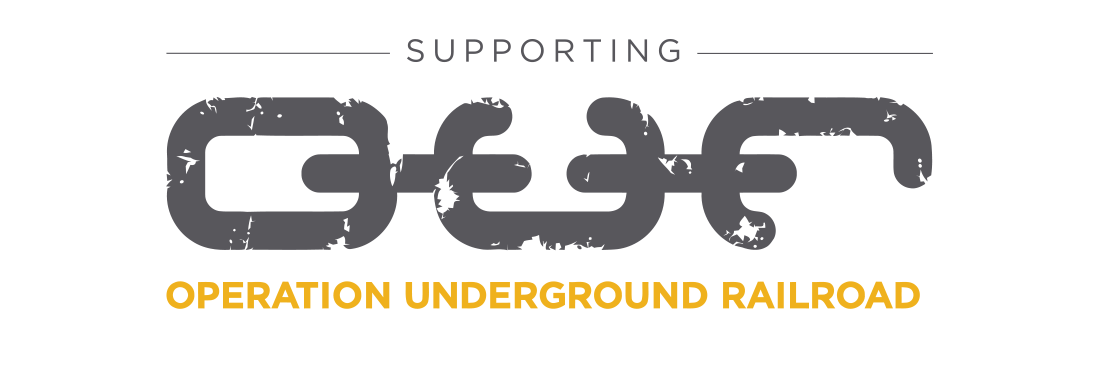07717737874
enquires@sarahjchapman.com
Language Matters - Part 1
Feb 09, 2021
Part 1
I am obsessed with language. Let’s face it LANGUAGE is a fundamental part of everything we do and essentially what it means to be human. Over the next few blog entries my MISSION is to lay out evidence that supports my whole thesis – If you want a different life you need different language.
- CHOICE – You ALWAYS have choices as long as you can see it
- YOUR LANGUAGE REVEALS which ones you can see
- LANGUAGE is a learned code that CREATES or RESTRICTS your choices
- MISSION:INCREASE WELL BEING WORLDWIDE WITH LINGUISTICS
I want you to see the POWER that is in your talk. Helping you shift from wherever you are on the scale of fulfilment. Whether life feels bleak and hopeless and the next level is to experience more good days, or you want to be a better mother or friend or perhaps you want to start a business, make a global impact or maybe achieve a gold medal. Your definition of Next level is up to you and I intend to give you some tools to get there.
Part 1 of This BLOG will FOCUS on the ability to see the real CHOICEs and set you up with a few quick tools to get you started.
BASICS: Good Communication
You would probably agree that being a good communicator has benefits in work, relationships, sales, politics, comedy, or something specific like comforting a friend or being J.K Rowling and getting the creative ideas into a form that means everyone can share the creative vision she had that once was purely in her head!
However, maybe thinking of exceptional communication you did not think of exceptional communication as being vital here.
Comparing communication to sport, who would describe themselves as the gold medallist in communication?
The world’s best musicians report spending ten hours a day to attain the standard that qualified them as the best. Athletes train, eat, sleep and breathe their sport until they get to their competition and it lasts a fraction of the time they spent in training.
Communication skills are useful. There are excellent communicators and extremely poor communicators, we all met at least one of those.
But what if I suggest that you should train your language like athlete’s train for competition? What if I insist deliberate daily practice is implemented where you train like an athlete in the sport of self-talk?
You are the speaker and the listener; it is time to write a new script.
Part 1 includes a small selection of evidence, the start of the argument for the POWER of TALK
FACTS
It's 'JUST' Talk
Everyday conversation, the language in your head with yourself and the language you share with others around you is your roadmap, your mind’s landscape verbalised - a Mindscape. As you produce thoughts (internal language), then verbalise those thoughts, the words that come out of your head and get formed into sounds: those sounds are a direct reflection of the environment in your head. Your language indicates your emotional home, limiting beliefs, what is most important to you in life and on the other end of the scale issues such as dementia.
Internal Language is of Equal Influence on your Life
Thoughts like these are based on shape, colour, texture etc. and may not actually have any words attached to them, until you try to describe them out loud that is. BUT most of our thoughts are language based, either statements or questions.
Thoughts are mostly formed as QUESTIONS and STATEMENTS
What should I do if they ask me out?
What dress should I wear?
How big is the universe?
2. Questions that contain presuppositions are the most sneaky, worst ones of the lot and they pop up everywhere. Questions that deceitfully pretend to be a genuine question but are actually more of a statement than a question. If this was a fantasy movie with evil pixies then these questions would be the pixies. They masquerade as a question when in reality focus is on the embedded presupposition with a combined negation for an extra dash of optimism. Here are some examples:
Why can’t I lose weight?
Presupposes that losing weight is impossible and the use of negation focuses on the lack.
Why does no one want to be with me?
Presupposes that no one in the entire world wants to be with this person. If it were a genuine question, it would be more specific and looking for a real answer rather than actually presupposing that they are unwanted.
For example: What ways am I socialising and interacting that would allow me to come in to contact with people that have similar values and life goals to me?
ALL or NOTHING thinking … It's rarely Black & White
3. Statements that contain GLOBALISED QUANTIFIERS stated as facts rather than opinion.
I am sick of everything.
I hate my life.
This always happen to me.
You’re always having a go at me.
You never respect me.
You do this all the time.
Without explanation you already know these are not neutral statements, the globalised quantifiers rarely reflect reality. If we used language to reflect reality and not reflect our experience of reality, we would actually only use these when we said things like Day always follows Night, No one lives forever, Everyone needs water to live.
Ok, watch out for the VERB 'to be'...
I am
You are
He is
She is
They are
It is
You can start to see the accumulative effects of your language if you are using the above frequently to yourself in your head or out loud. Do not underestimate the effect of language on how you feel about yourself and how you feel about anything else in life.
I am always so pathetically unreliable and useless. I can’t get anything right! I might as well give up because it is always going to be like this.
Do you know how you talk to yourself? Is there negation such as ‘don’t’? Are you using global quantifiers such as always or no one? Are you stating things as facts that are actually opinions, ‘it is never going to get better’?
I hope you don’t feel too down reading those examples, here are some ways you can use this understanding to use these methods for good instead:
I am growing and developing every day into the person I was always destined to become. I am confident and comfortable in who I am and I can create all the things that I really need in my life. My life is beautiful, and my soul is full of joy and gratitude.
You choose the words that best suit you, the words that are comfortable and sit with you without feeling too far out of your current area of comfort.
More to come in part 2!
With actions and practical applications...

The reason I talk about language 'so much' is because it is key to every relationship (including the one you have with your self). How you talk, choices you make with your language, structural choices - even the intonation and speed you use reveals your thought patterns (internal dialogue) and further compounds your experience of the world around you. So here's the thing... I think right now we would all agree that we want a world with more peace, more unity and more love. How does my use of language have anything to do with that? Read the whole blog to find out. In brief, I believe that more peace is the same as less conflict and that starts with each of us individually. It is about how we interact with the people around us, it's the butterfly effect. My interactions in my daily life affect every human being I come into contact with which in turns affects (or has the potential to) every person they come into contact with and so on. Discovering the secrets in everyday interaction and understanding self-talk will one hundred percent help you understand yourself and others better. It is one of the keys to unlocking a way to greater peace in your life, greater possibility for unity rather than division and conflict and the ability to love yourself and others more. And, yes it is all possible through a greater understanding of the way we use language.









